Former Vice President Prof. Yemi Osinbajo has called for a radical rethink of Africa’s development strategy, urging governments and institutions to put social justice at the centre of economic planning rather than mere economic growth figures.
Osinbajo made the call at the Ford Foundation Office for West Africa (FFOWA) 65th anniversary celebration themed “OWA@65: From Nation Building to Social Justice” held in Abuja.
Speaking on the topic, “Social Justice as an Imperative to Development,” Osinbajo said true progress must be measured not by Gross Domestic Product (GDP) but by the well-being and quality of life of citizens.
“Africa is currently the fastest-growing continent in GDP terms, yet it remains the one with the lowest quality of life. GDP growth does not necessarily translate to jobs or decent living,” he said.
Reflecting on his time as Chair of Nigeria’s Economic Management Team (2016–2019), Osinbajo highlighted the disconnect between economic statistics and citizens’ realities.
“When governments talk about growth, citizens wonder what we mean. Only big businesses and banks understand those numbers. For many people, the promise of a better life that democracy offers simply isn’t there,” he lamented.
Osinbajo stressed that development must be bottom-up, rooted in the welfare of the majority.
“Social justice places human beings, not statistics, at the centre of development. It produces growth that truly reaches the majority,” he added.
He linked social justice to economic inclusion, equality, climate action, and anti-corruption, describing them as essential drivers of sustainable prosperity.
On climate justice, Osinbajo warned that Africa — despite contributing the least to global emissions — bears the brunt of climate change impacts.
“By 2050, Nigeria could have 9.4 million internal climate migrants, mostly poor rural farmers. Yet we are not responsible for this crisis. Climate justice is, therefore, social justice,” he said, calling on global corporations to fund adaptation efforts in vulnerable nations.
The former Vice President also drew attention to the economic cost of corruption, noting that unchecked graft could cost Nigeria up to 37% of its GDP by 2030, citing a PricewaterhouseCoopers report.
“Corruption is not just a governance issue; it is a development problem. When we build systems of fairness and accountability, we unleash growth and secure a future that works for everyone,” he stated.
Osinbajo congratulated the Ford Foundation on its 65 years of impact in West Africa, commending its commitment to social justice and inclusive development.
Bagudu, FFOWA Leaders Laud Foundation’s Legacy
The Minister of Budget and National Planning, Sen. Abubakar Bagudu, described the anniversary as a timely platform for deepening collaboration on inclusive development.
He said the current administration has stabilised the macroeconomy and is now focused on translating that stability into local prosperity.
“We are mapping the unique opportunities in all 8,809 wards across Nigeria to generate inclusive growth and shared prosperity,” Bagudu said.
The Regional Director of FFOWA, Dr ChiChi Aniagolu-Okoye, reflected on the Foundation’s six-decade journey, which began in Lagos in 1960, funding over 1,000 partners with more than $500 million in grants.
“Progress is not imported; it is imagined and owned by West Africans themselves. Social justice is not a luxury — it is the foundation of thriving societies,” she said.
Also speaking, the Foundation’s Senior Vice President, Martín Abregu, described West Africa as “a source of inspiration,” praising the resilience and creativity of its youth and civil society.
“The Ford Foundation has evolved from an American philanthropic organisation into a global movement for social justice — one that listens, learns, and partners with communities rather than prescribing solutions,” Abregu said.



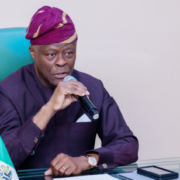

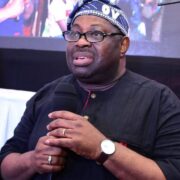
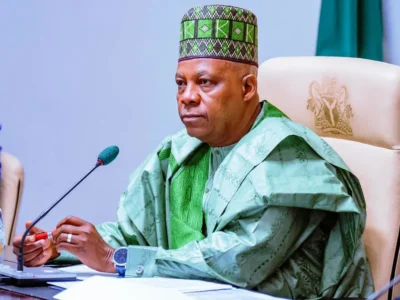
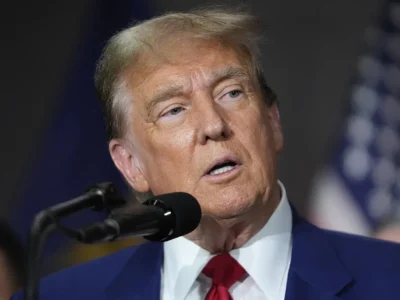
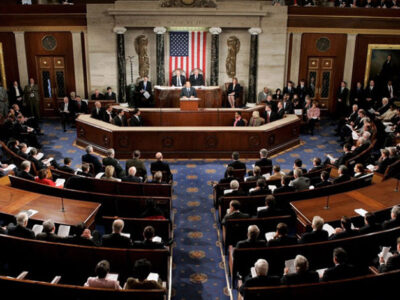











Comments